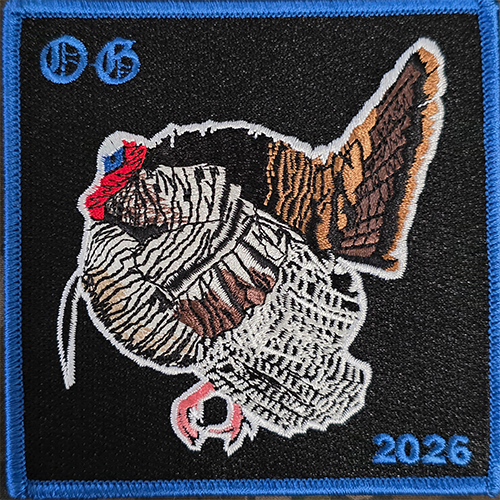        |
Decline of turkey populationStarted by jgard, February 24, 2020, 08:15:52 PM Previous topic - Next topic
User actions
|
        |
Decline of turkey populationStarted by jgard, February 24, 2020, 08:15:52 PM Previous topic - Next topic
User actions
|